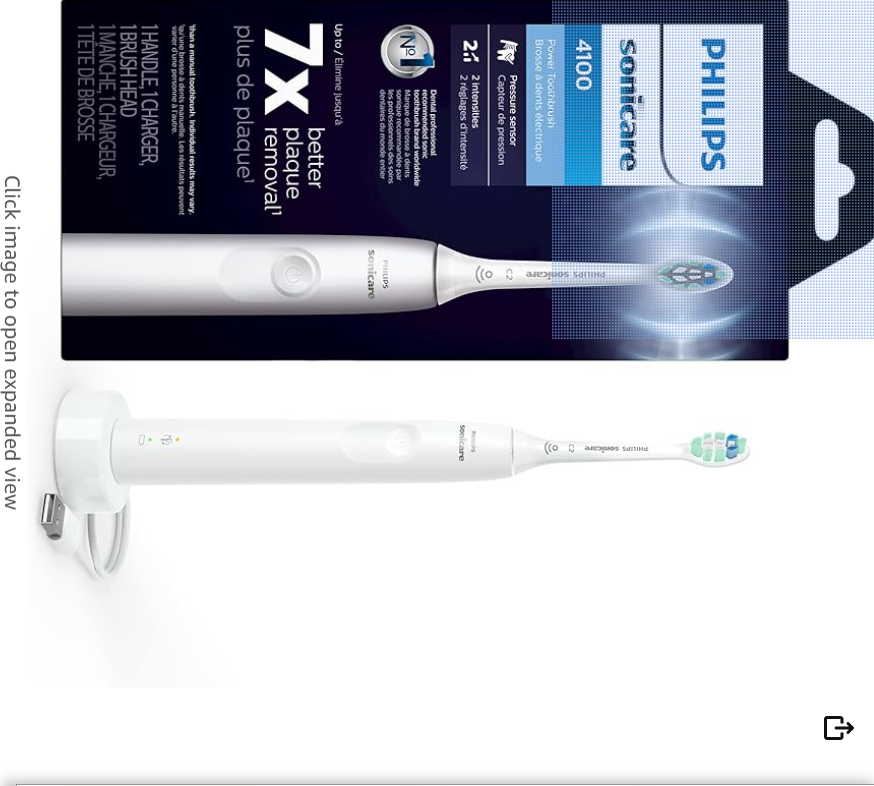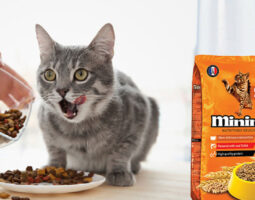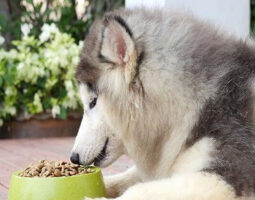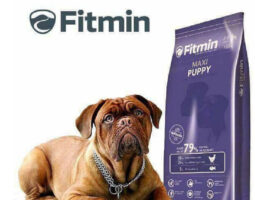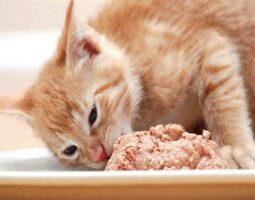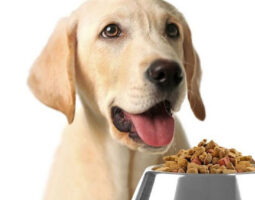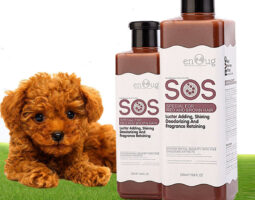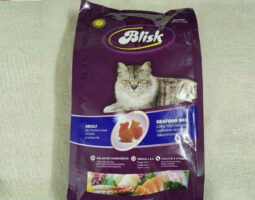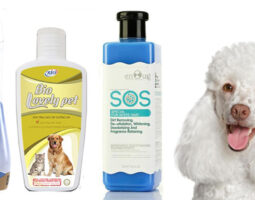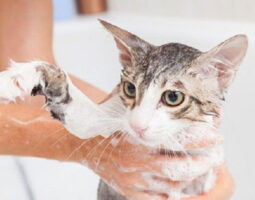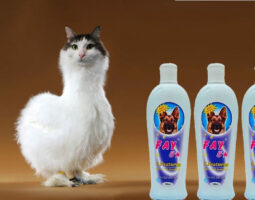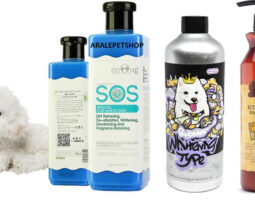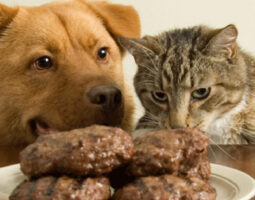Skip to main content in article(see)
What is the food for nursing mothers to always have a lot of milk is a question that many dog owners are interested in finding out. Because after giving birth, mother dogs not only need nutrition to recover their health but also have to produce milk to feed their puppies.
The mother dog’s body is extremely sensitive and weak after giving birth. Therefore, a good diet and care will help the mother dog quickly recover her health to raise her puppies. So what should a mother dog eat after giving birth and what is the nutritional regimen? Let’s find out more details with the comparison website in the article below.
Notes on feeding mother dogs after giving birth
Before learning about the food for nursing mothersyou need to know important notes when feeding a mother dog after giving birth such as:
- After giving birth, the mother dog will usually not eat immediately. Usually, the mother dog will eat again after 12 hours of giving birth. The reason is that after giving birth to a litter of puppies, the mother dog’s health is almost exhausted and needs time to rest and recover.
- If your mother dog refuses to eat for about 12 hours, try to persuade her to eat by cooking or buying foods that she previously liked to eat.
- Mother dogs will eat double or even more than their daily food intake. The reason is because mother dogs need to eat a lot to regain their strength and have enough nutrients to produce milk for their puppies. So if you see mother dogs eating more than usual, don’t be too surprised.
- Although mother dogs need to eat a lot, you should not let them eat too much because it is not good. You should feed the mother dog many small meals. Or you can leave food in a bowl so that the mother dog can eat when she is hungry.
- After giving birth, the mother dog needs to be provided with fat, protein, starch, fiber, and calcium. In addition, you should also give the mother dog milk or other types of food specifically for dogs.
- After about 1 month, puppies are less interested in mother’s milk and switch to eating food other than mother’s milk. At this time, mother’s milk will begin to decrease, so you need to adjust the mother dog’s diet to best suit.
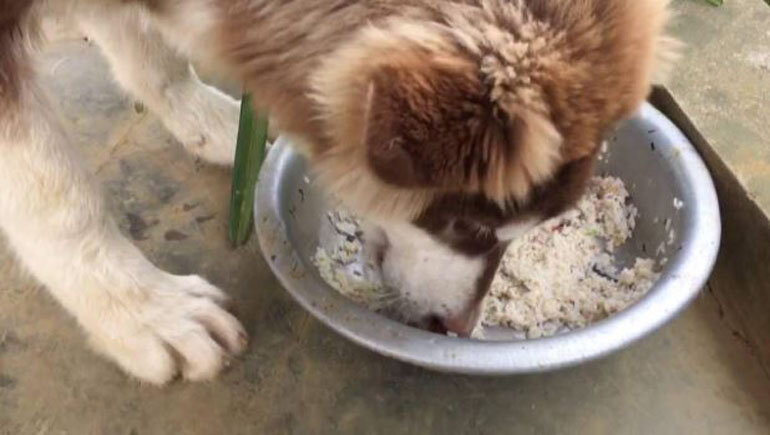
Temptations Classic Crunchy and Soft Cat Treats Tasty Chicken Flavor, 30 oz. Tub
$15.48 (as of September 18, 2024 22:09 GMT +00:00 - More infoProduct prices and availability are accurate as of the date/time indicated and are subject to change. Any price and availability information displayed on [relevant Amazon Site(s), as applicable] at the time of purchase will apply to the purchase of this product.)ARM & HAMMER Clump & Seal Platinum Multi-Cat Complete Odor Sealing Clumping Cat Litter with 14 Days of Odor Control, 37 lbs, Online Exclusive Formula
$32.20 (as of September 18, 2024 22:09 GMT +00:00 - More infoProduct prices and availability are accurate as of the date/time indicated and are subject to change. Any price and availability information displayed on [relevant Amazon Site(s), as applicable] at the time of purchase will apply to the purchase of this product.)Foods for nursing mothers to avoid lack of milk
To help the mother dog have enough milk for the whole litter to feed her puppies, you should supplement with: food for nursing mothers hereafter:
Fat: The fat requirement of a mother dog after giving birth will increase by about 15% compared to before giving birth. Supplementing enough fat will increase the quality of the mother dog’s milk, helping the puppies grow faster and healthier. Some foods rich in fat include eggs and dog food.
Protein: Foods rich in protein such as chicken, pork, duck, beef, fish, chicken eggs, duck eggs, liver or animal organs… Providing enough protein for mother dogs will help the milk production process better.
Starch: Foods such as cassava, potatoes, bran, rice, and porridge are rich in starch. Starch helps mother dogs have enough energy to produce milk and take care of their puppies.
Water: When the mother dog’s body is hydrated, it will produce a lot of milk for her puppies. Because the main ingredient of the mother’s milk is water. You should put a bowl of water right next to where the mother dog lies so that she can drink at any time. In addition to filtered water, you can stew vegetables and bones for the mother dog to drink to increase nutritional content.
Calcium: Calcium-rich foods are essential for postpartum mothers. Not only that, calcium in mother’s milk will help puppies develop their skeletal system to the fullest. Chicken bones, duck bones, eggshells, duck eggs, and milk are calcium-rich foods that you should add to your mother’s daily diet. In addition, if possible, you can buy calcium supplements for dogs, which are also very good.
Fiber: To prevent constipation in both mother and puppies, you should supplement fiber for the mother dog. Fiber is abundant in fresh fruits and vegetables, you should grind them and mix them with the mother dog’s food. Supplementing fiber not only helps the digestive system work well but also helps increase the mother dog’s resistance to stay healthy.
Milk for dogs: This is an excellent food source that you can buy for your mother dog to drink. Dog milk contains all the important nutrients, vitamins and minerals that help the mother dog always have a lot of milk.
Other foods: You should also consult your veterinarian about whether to supplement your mother dog with kibble, wet food, or dry food.

Milk-Bone Mini's Flavor Snacks Dog Treats, 36 Ounce Crunchy Texture Helps Reduce Tartar
$11.48 (as of September 18, 2024 22:09 GMT +00:00 - More infoProduct prices and availability are accurate as of the date/time indicated and are subject to change. Any price and availability information displayed on [relevant Amazon Site(s), as applicable] at the time of purchase will apply to the purchase of this product.)Hanes Men's Ecosmart Fleece Sweatshirt, Cotton-blend Pullover, Crewneck Sweatshirt for Men, 1 Or 2 Pack Available
$9.80 (as of September 18, 2024 22:09 GMT +00:00 - More infoProduct prices and availability are accurate as of the date/time indicated and are subject to change. Any price and availability information displayed on [relevant Amazon Site(s), as applicable] at the time of purchase will apply to the purchase of this product.)In addition to those food for nursing mothers In addition to the above foods, you should not feed your mother dog foods such as: fresh milk, human condensed milk; garlic and onions; chocolate; raw eggs, raw meat and raw fish; foods high in salt and sugar; tea, coffee and foods containing caffeine; alcohol; avocado; small fruits… These foods are not only dangerous to the mother dog’s health but also directly affect the puppy’s milk supply.
Experience in taking care of mother dogs after giving birth properly and scientifically
Along with finding out what to feed the mother dog to produce more milk for the puppies, the issue of caring for the mother dog after giving birth is also very important. Proper and scientific care will help the mother recover quickly to have the health to take care of the puppies.
- A mother dog needs rest after giving birth, this is more important than eating.
- Mother dogs should only be given diluted salt water and light food after giving birth.
- Trim the mother dog’s hair to ensure hygiene of the mammary glands.
- Checking the mother dog’s mammary glands for inflammation is also a daily routine. If you notice any abnormalities such as hard, red, hot, and painful mammary glands, you should take her to the vet immediately.
- If you see vaginal discharge from your dog, don’t worry too much. This is a common occurrence after 8 weeks of giving birth.
- Always keep the mother dog’s nest and living area warm, especially in winter.
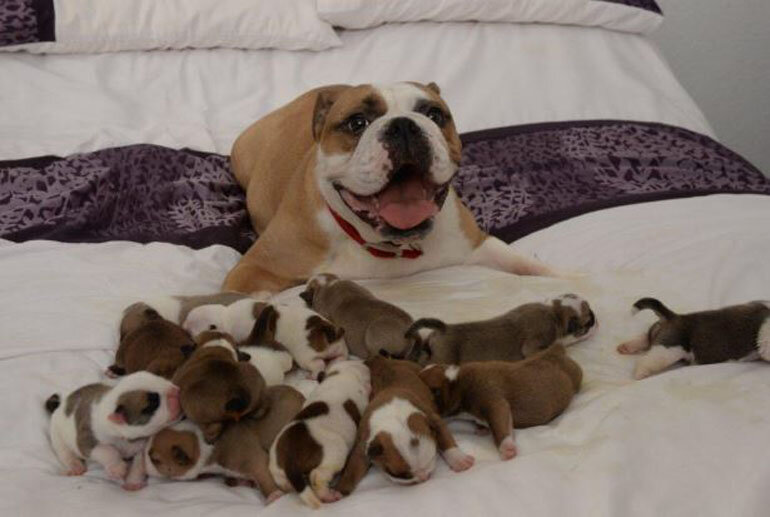
Best Pet Supplies Crinkle Dog Toy for Small, Medium, and Large Breeds, Cute No Stuffing Duck with Soft Squeaker, Fun for Indoor Puppies and Senior Pups, Plush No Mess Chew and Play - Yellow
$5.99 (as of September 18, 2024 22:09 GMT +00:00 - More infoProduct prices and availability are accurate as of the date/time indicated and are subject to change. Any price and availability information displayed on [relevant Amazon Site(s), as applicable] at the time of purchase will apply to the purchase of this product.)Dr. Elsey’s Premium Clumping Cat Litter - Ultra - 99.9% Dust-Free, Low Tracking, Hard Clumping, Superior Odor Control, Unscented & Natural Ingredients
$20.99 (as of September 18, 2024 22:09 GMT +00:00 - More infoProduct prices and availability are accurate as of the date/time indicated and are subject to change. Any price and availability information displayed on [relevant Amazon Site(s), as applicable] at the time of purchase will apply to the purchase of this product.)Surely when reading this far, you have partly found the answer to the question “What is the truth?” food for nursing mothers always have lots of milk. Hope The information we share will help you take the best care of your beloved dog after giving birth.






